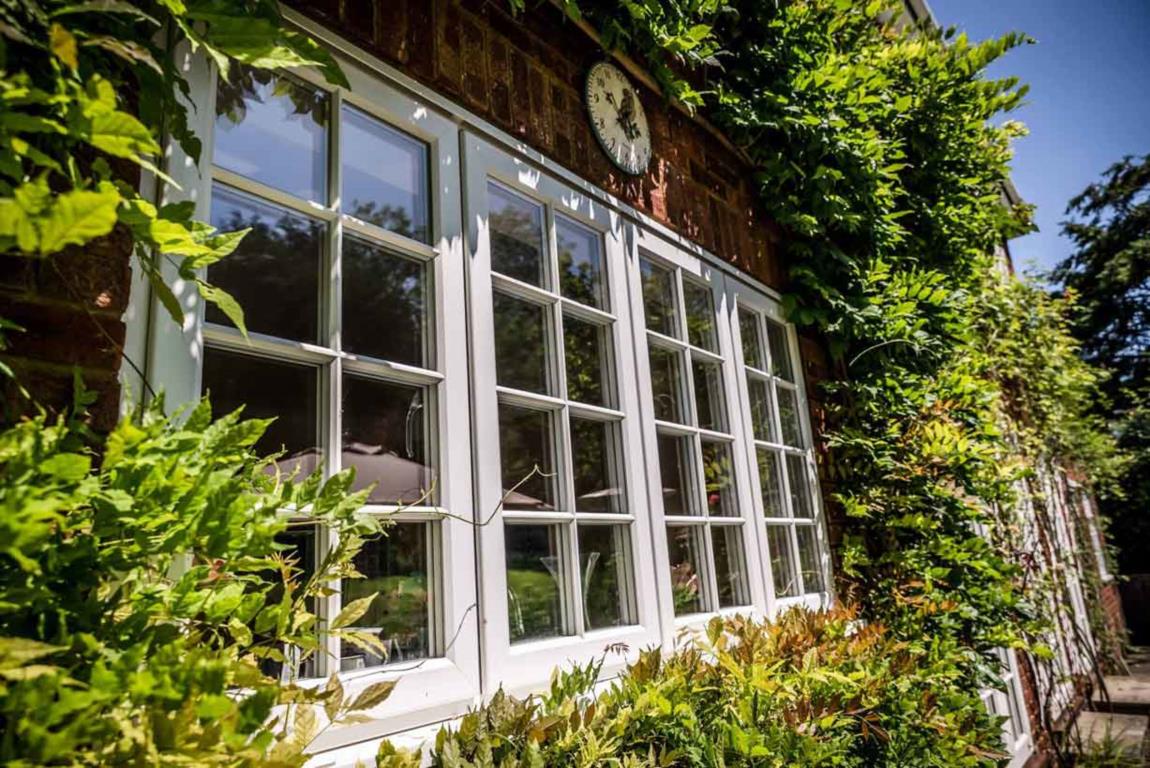All Categories
Featured
Table of Contents
Canberra Window Replacement - Upvc Double Glazed ... in Clarkson Western Australia
Glazing just indicates the windows in your house, consisting of both openable and set windows, in addition to doors with glass and skylights. Glazing actually simply indicates the glass part, but it is generally used to describe all aspects of an assembly including glass, films, frames and home furnishings. Taking notice of all of these elements will assist you to attain efficient passive design.

Energy-efficient glazing makes your house more comfy and considerably reduces your energy expenses. Nevertheless, improper or improperly designed glazing can be a significant source of undesirable heat gain in summertime and considerable heat loss and condensation in winter season. Up to 87% of a house's heating energy can be gained and up to 40% lost through windows.
Window Glazing For Households - Energy in Ellenbrook Western Australia
Glazing is a considerable investment in the quality of your house. The cost of glazing and the cost of heating and cooling your home are carefully related. An initial financial investment in energy-efficient windows, skylights and doors can considerably decrease your annual heating and cooling expense. Energy-efficient glazing also decreases the peak heating and cooling load, which can minimize the required size of an air-conditioning system by 30%, leading to further expense savings.

This tool compares window choices to a base level aluminium window with 3mm clear glass. Comprehending some of the crucial properties of glass will assist you to select the very best glazing for your home. Key homes of glass Source: Adjusted from the Australian Window Association The amount of light that travels through the glazing is referred to as visible light transmittance (VLT) or noticeable transmittance (VT).
The Science Behind Double Glazed Windows in Cardup Perth
This may lead you to switch on lights, which will lead to higher energy expenses. Conduction is how readily a product carries out heat. This is called the U worth. The U value for windows (expressed as Uw), describes the conduction of the entire window (glass and frame together). The lower the U worth, the higher a window's resistance to heat circulation and the better its insulating worth.
For example, if your house has 70m2 of glazing with aluminium frames and clear glass with a U worth of 6. 2W/m2 C, on a winter season's night when it is 15C cooler outside compared to indoors, the heat loss through the windows would be: 6. 2 15 70 = 6510W That is comparable to the total heat output of a big space gas heating system or a 6.
Faq in Woodvale Western Australia

If you pick a window with half the U worth (3. 1W/m2 C) (for example, double glazing with an argon-filled space and less-conductive frames), you can cut in half the heat loss: 3. 1 15 70 = 3255W The solar heat gain coefficient (SHGC) for windows (revealed as SHGCw) measures how easily heat from direct sunlight streams through an entire window (glass and frame together).
The lower a window's SHGC, the less solar heat it transmits to the house interior. Glazing makers state an SHGC for each window type and design. However, the actual SHGC for windows is affected by the angle that solar radiation strikes the glass. This is called the angle of occurrence.
Does Double Glazing Reduce The Heat In Brisbane's Summer? in Craigie WA
When the sun is perpendicular (at 90) to the glass, it has an angle of occurrence of 0 and the window will experience the optimum possible solar heat gain. The SHGC declared by glazing manufacturers is constantly computed as having a 0 angle of incidence. As the angle increases, more solar radiation is shown, and less is sent.
Table of Contents
Latest Posts
Reasons Why Double Glazed Windows Are A Good Idea in North Fremantle Perth
Replacement Double Glazing - Upvc Windows in Kelmscott Perth
Reasons Why Double Glazed Windows Are A Good Idea in Wilson Western Australia
More
Latest Posts
Reasons Why Double Glazed Windows Are A Good Idea in North Fremantle Perth
Replacement Double Glazing - Upvc Windows in Kelmscott Perth
Reasons Why Double Glazed Windows Are A Good Idea in Wilson Western Australia